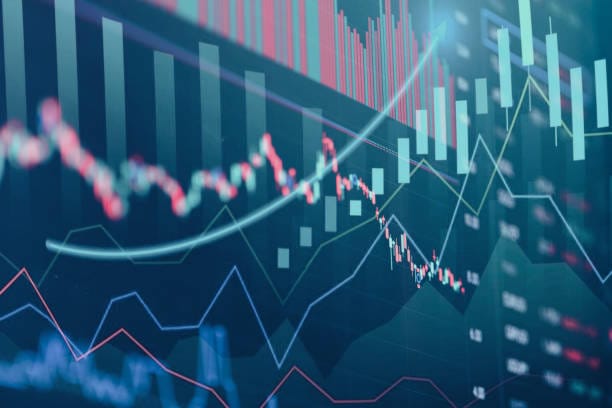Doom or Boom in 2024?

As the Australian share market continues to trade at or near record highs, the question more and more people are asking is, what lies ahead? Are we on the brink of falling into recession or will the local economy build on past gains?
The first fact to state is that the share market and the domestic economy are not the same thing, and the share market is driven by investor sentiment, which is expecting interest rates to fall and profits to rise, sometime over the next year.
Company results released so far this year are mostly positive, with most businesses showing they have been able to tighten their belts, drive greater efficiencies and most have boosted their profit margins. Even some off the big retailers
Fortesque Metals reported a 41 per cent rise in first half net profits, boosting its interim payout to a fully franked $1.08 dividend, showing there is still good money to be made from exporting iron ore from the Pilbara.
The Commonwealth Bank reported a net profit of some $5 million for the 6 months to December, with Westpac performing better than expected and the ANZ expected to be not far behind.
Only the National Australia Bank posted what might be seen as a sign of things to come with the December quarter earnings down 17 per cent to $1.8 billion and home loan arrears, where home buyers are three months or more behind on their repayments. This is up 0.75 per cent for the period.
So, this is the big question. After thirteen interest rate rises, that have taken home loans rates from about 2 per cent to more than 6 per cent, and inflation still above 4.0 per cent and well outside the Reserve Banks preferred range of 2 to 3 per cent, will the economy hold up?
Or will the so-called cost of living pressures that everyone is talking about, cause consumers to stop spending on anything but the bare necessities, and with that push the economy into a much talked about recession.
The situation is not helped by continued high levels of immigration. This has meant on a per capita basis, or how the economy is growing in terms of the actual number of people in Australia including migrants, the domestic economy has now posted three quarters of negative growth.
This is it worst performance by the local economy since the 1982-83 recession.
So how long will the Reserve Bank keep interest rates at their current level ,and if they do leave rates as they are, will they push the economy into a full-blown recession?
Much will depend on inflation. It is unlikely to see the Reserve Bank moving on interest rates while inflation remains above 3 per cent and to be honest, it is unlikely they will move until inflation is well and truly locked in between 2 and 3 per cent.
So, while most economists expect rates to start easing later this year, I would not be surprised if the Reserve Bank will not wait until next calendar year to reduce interest rates. However that is something we will just have to wait and see.
